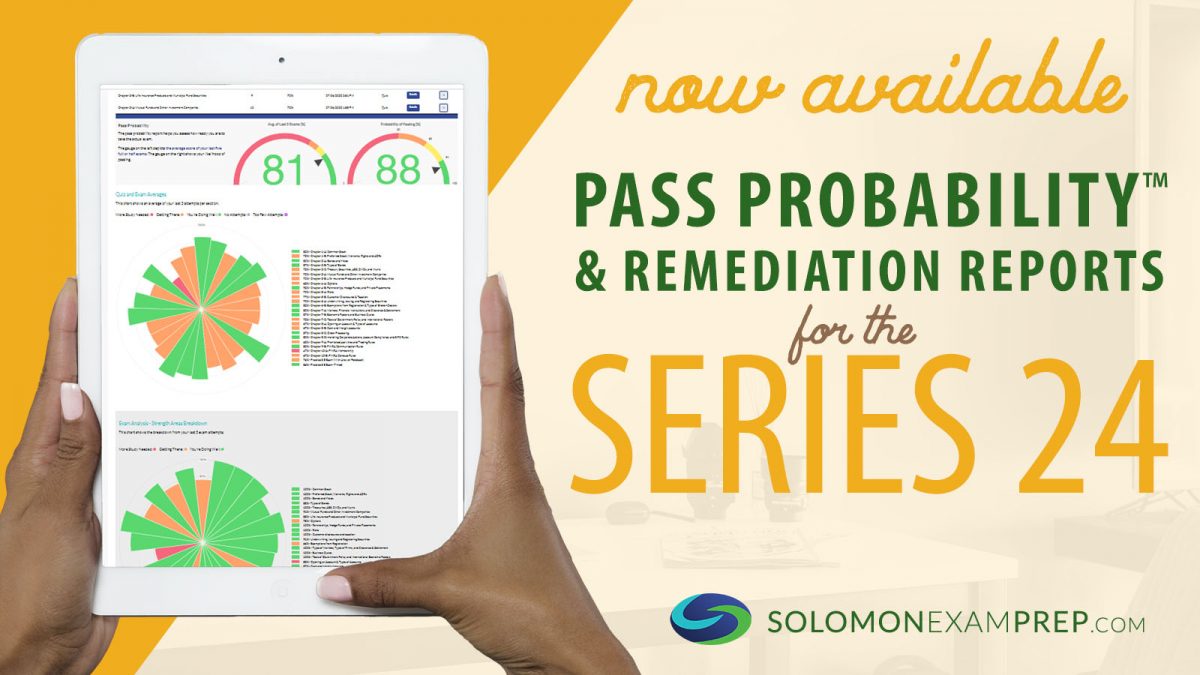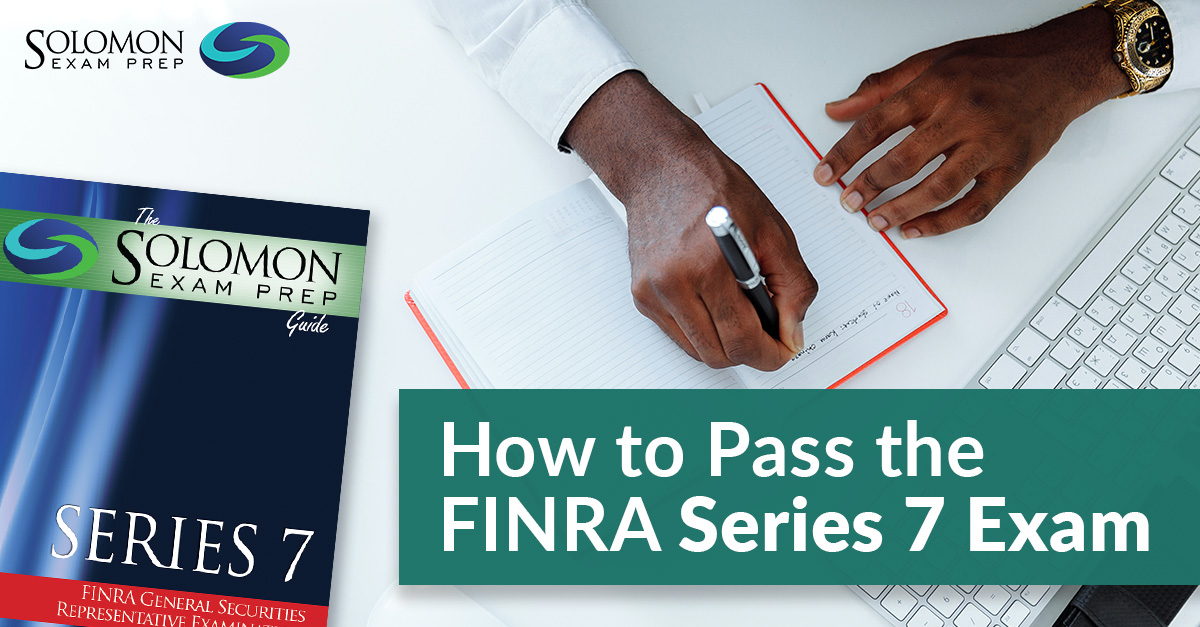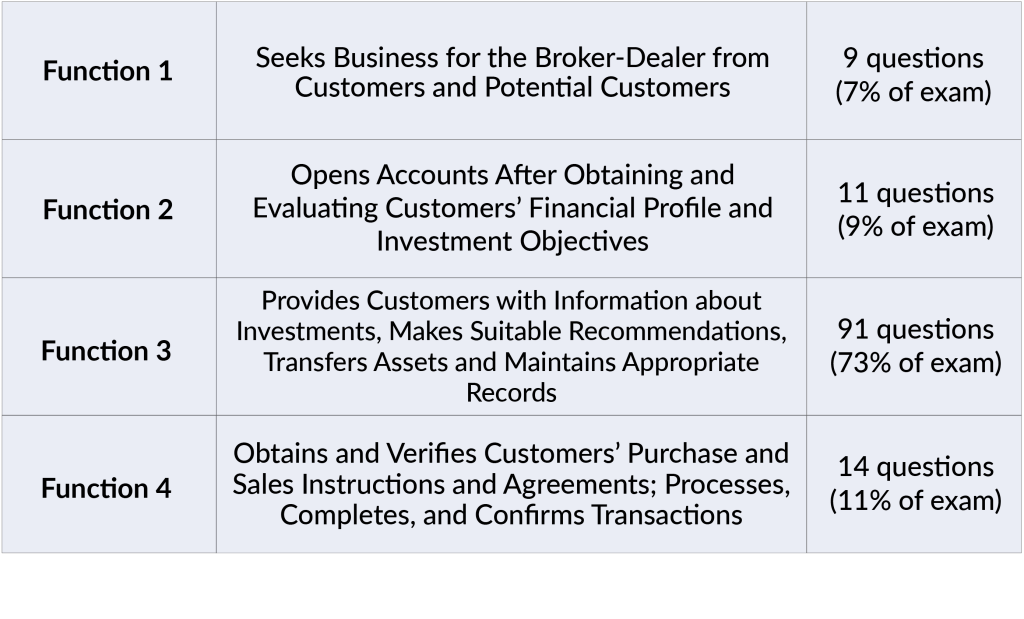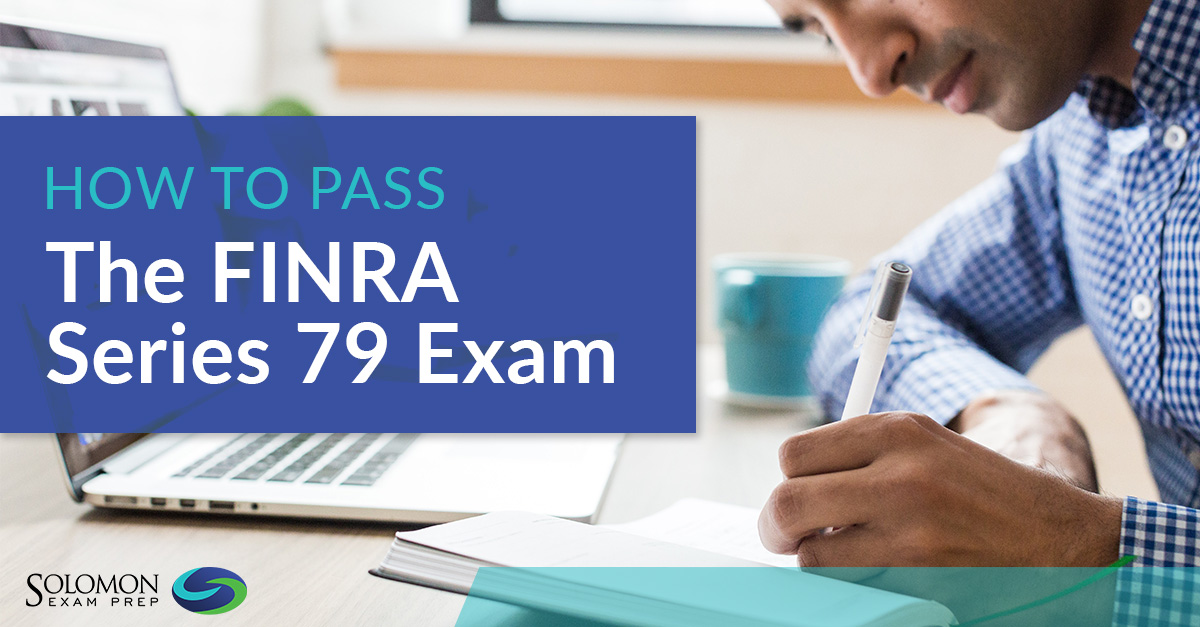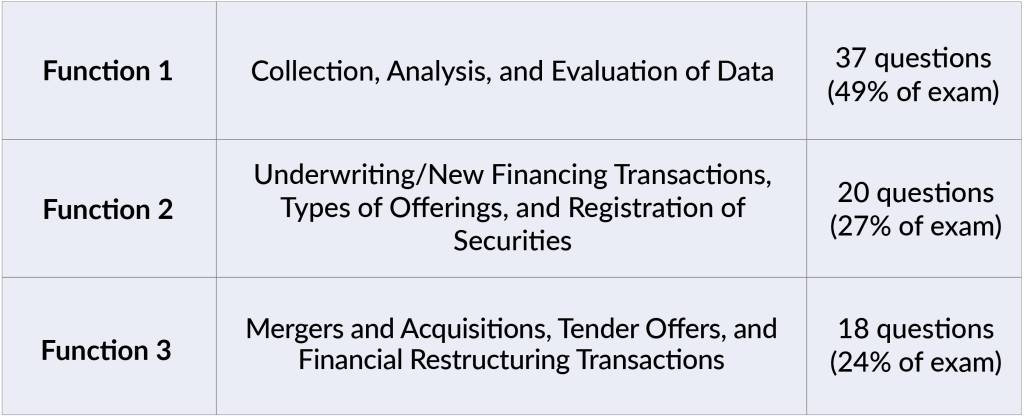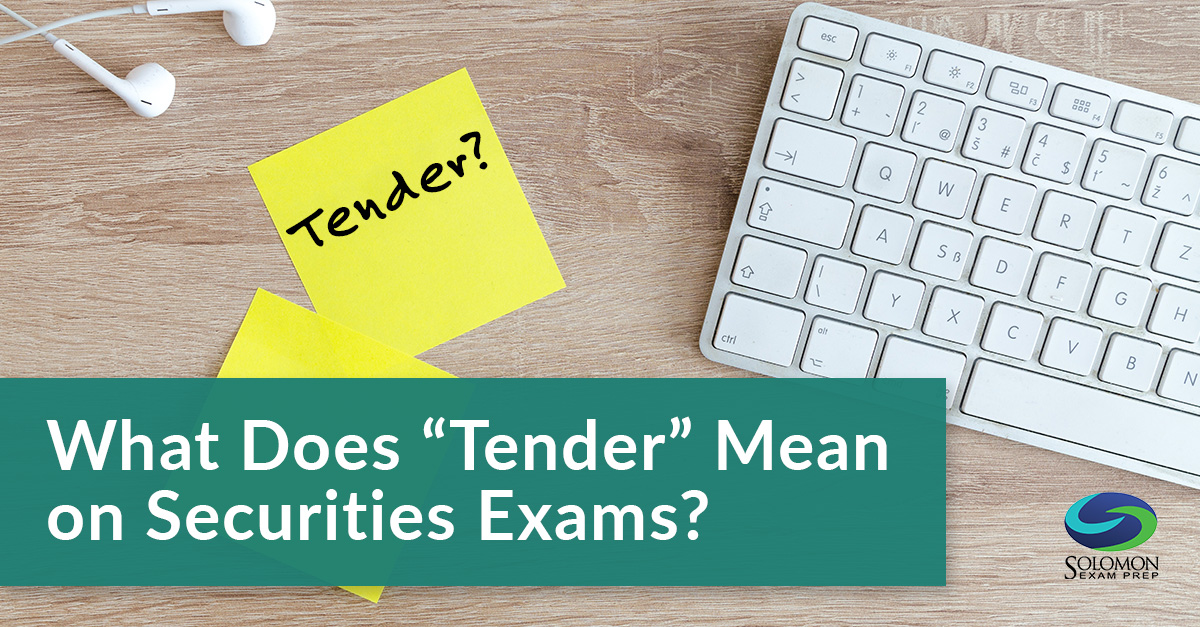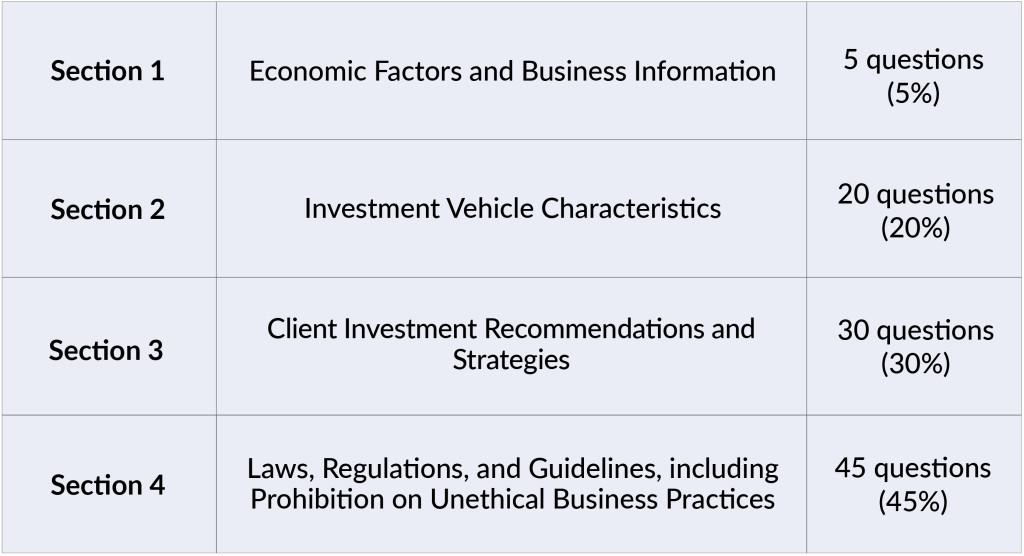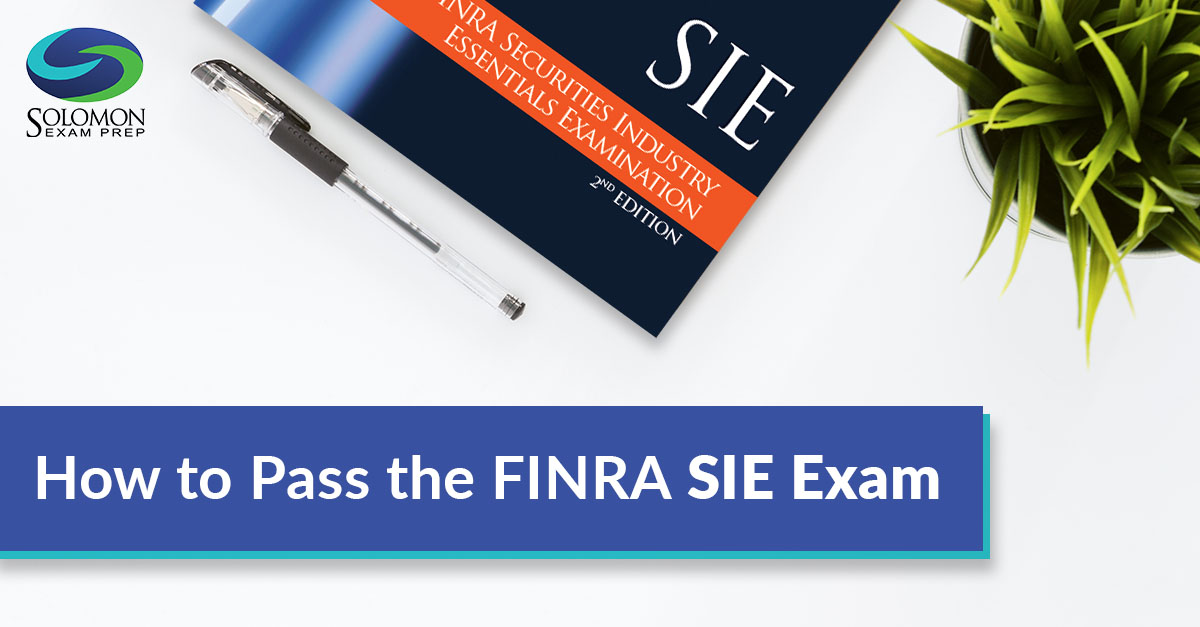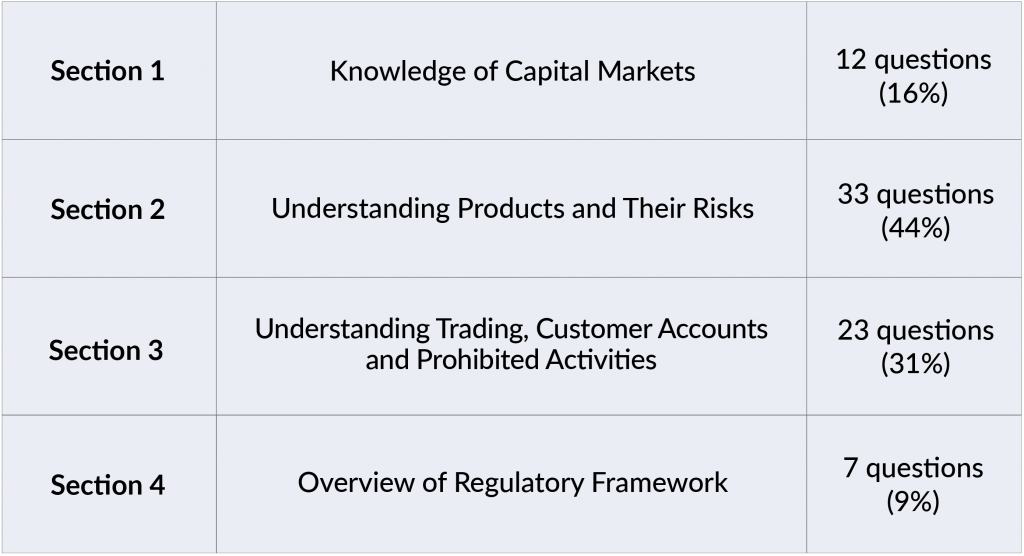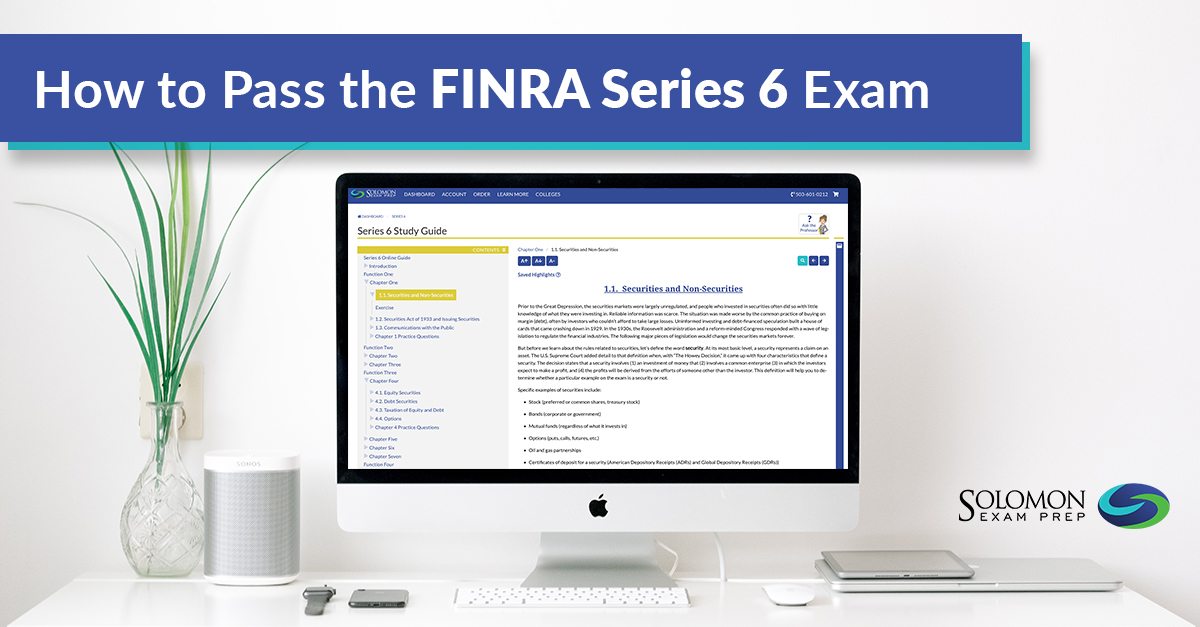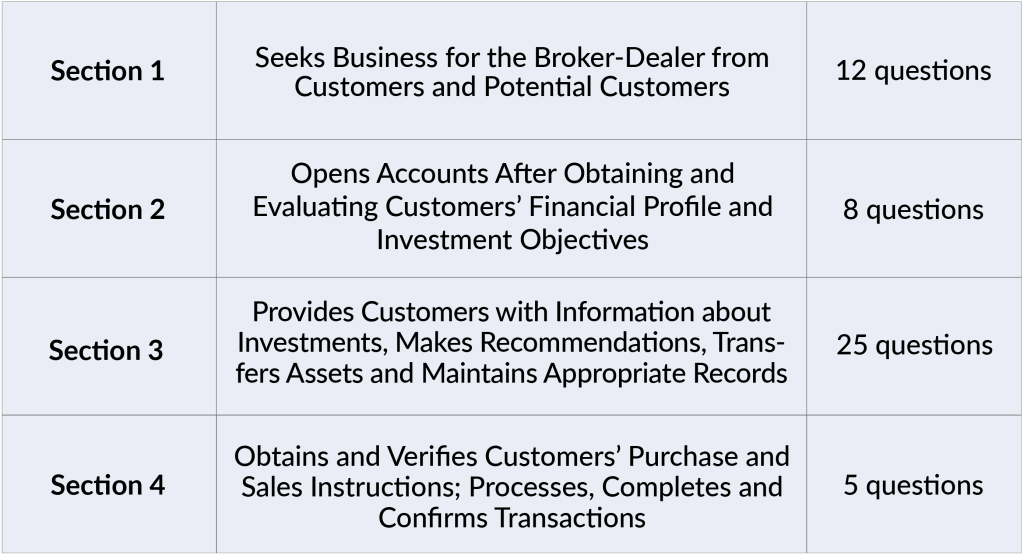Preparing for a challenging securities licensing exam like the FINRA Series 24, also known as the General Principal Qualification Exam, can be a stressful experience. In particular, determining when you’ve studied enough and are ready to sit for your exam isn’t always easy. How do you know if those weeks of preparation have paid off?
Pass Probability
With the Solomon Exam Prep Pass Probability™ feature, now available in the Solomon Series 24 Exam Simulator, you don’t have to guess whether you’re truly prepared to sit for the Series 24 exam. Pass Probability™ is Solomon Exam Prep’s innovative AI technology that measures your readiness to pass a securities exam. Pass Probability is based on a mathematical model involving the performance of thousands of Solomon students. A correlation analysis has shown that Pass Probability is highly effective at predicting a student’s likelihood of passing.
Here’s how it works: Once you take five full practice exams in the Solomon Series 24 Exam Simulator, the Pass Probability™ tool is activated. Based on your scores on these five practice exams, the tool calculates the probability that you will pass the real test, with a percentage out of 100. Solomon recommends aiming for a Pass Probability of 75% (80% is even better) before taking your exam.
Remediation Reports
But if your Pass Probability is below 75%, Solomon can help! Connected to the Pass Probability tool, the Solomon Remediation Report provides an additional level of customized study support. If your Pass Probability is lower than 75%, you will receive an individual report with detailed suggestions on how to focus your study efforts BEFORE taking your exam. The Remediation Report is sent straight to your email and includes the following:
- Summary of current study progress
- Personalized recommendations on areas for growth
- Study tips for the homestretch
- Reminders about student support elements
Solomon Pass Probability and Remediation Reports are also available for these exams: SIE, Series 6, Series 7, Series 63, Series 65, Series 66, Series 79, and Series 82.
Used Solomon materials for both the SIE and S7. So grateful to these materials for helping me achieve a passing score on my first attempts of both exams. The study guide and videos were thorough, comprehensive and easy to follow. I found the pie charts extremely useful in helping me identify areas where I needed more study, and was grateful for the Pass Probability feature in giving me a bit of extra confidence before sitting for the exam. I would absolutely recommend all of their materials to anyone taking this journey.
Andrew Nerys, Square Inc., Portland, OR
If you have a current subscription to the Solomon Series 24 Exam Simulator, Pass Probability and Remediation Reporting have been added to your product free of charge. These tools are in addition to the other helpful Exam Simulator features:
- Huge Question Database: Over 3,500 original Series 24 practice questions with robust rationales that clearly explain why a specific answer is correct
- Free Updates: Questions updated continually to keep up with regulatory and industry changes
- Strength Breakdowns: Refine your practice with detailed exam results and self-assessment tools that help you identify areas that require more study
- Interactive Review: Makes it easy to review the questions you’ve gotten wrong on quizzes and exams
- Unlimited Quizzes & Exams:
◦ 20-question quizzes based on the FINRA exam sections
◦ 160-question untimed practice exams with immediate answer feedback
◦ 160-question timed practice exams

